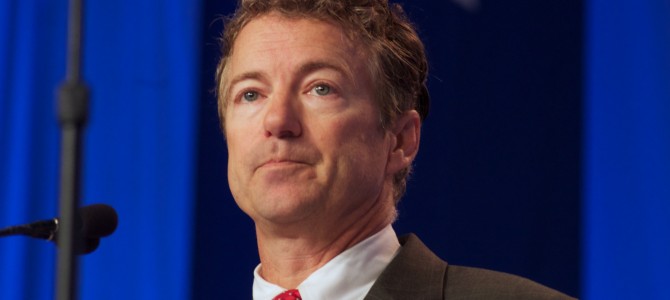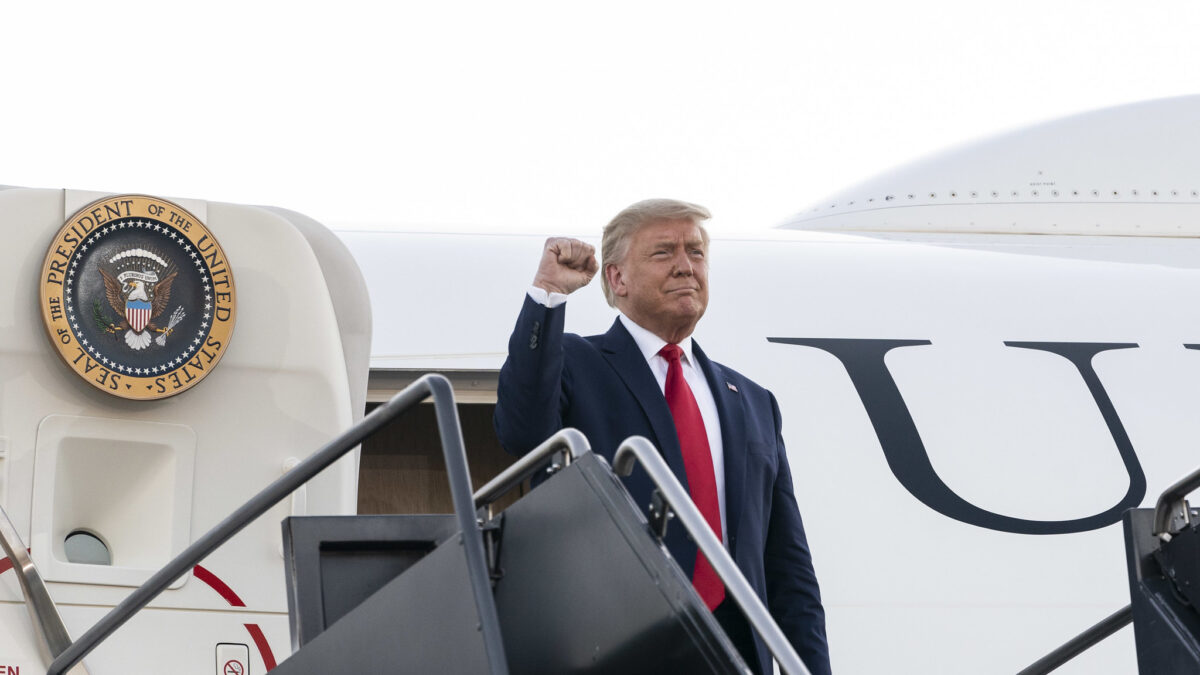Over at The National Interest, Robert Merry has an interesting piece here summing up the foreign policy shifts of the past few months.
“These developments would have seemed impossible just a few years ago, as America still stirring visions of American beneficence assuaging the hurts and wants of humanity around the world. Fewer and fewer Americans believe that stuff now, and the lessons of America’s post Cold War foreign policy are increasingly clear: Iraq, a failure; Afghanistan, a quagmire with little apparent purpose; the Middle East generally, a region of turmoil struggling to define itself and largely impervious to Western meddling, cajolery or power; America, drastically in need of internal soothing and remediation. In this new political climate, the country actually could begin the process of crafting a new set of ideas and concepts that could form the basis for a new foreign policy. It would begin with a rigorous analysis of the country’s true interests around the world and then turn to questions of how to address those concerns and how to withdraw from regions and squabbles that don’t affect vital U.S. interests.”
Merry’s piece reminds me of a point I’d intended to make earlier about the challenges Rand Paul will face when he enters the fray in 2016, which Jim Antle writes about here. The foreign policy establishment in both parties is dead-set against Paul having any success – for different reasons, but we’ll get into that later – and I expect to see a united front of DC and academic foreign and defense policy types on the right denouncing his frame of America’s aims in global affairs early and often as the election approaches.
Paul’s capabilities as a politician have to this point been quite impressive, however, and it is not hard to envision ways that he can head off this assault at the pass: first, by taking lessons from Obama’s 2008 campaign (in which his positioning on Afghanistan allowed him to falsely represent himself as a Jeffersonian in other areas); and second, by finding and connecting with those respected figures in the foreign policy community who are closer to his viewpoint, giving him the ability to point to the credentials of his advisors as indicative of a level of seriousness his opponents don’t wish to grant him.
It’s that seriousness which is the real test for Paul on foreign policy. Republican primary voters don’t need you to be a foreign or defense policy expert: they need to have confidence in you as a potential commander in chief. Paul’s opponents will attempt to turn him into his father, and his perspective into a clownish and dangerous caricature. But they will likely be unsuccessful in that effort if Paul takes steps now to avoid this while it’s in his power to do so.
Paul can control that aspect of how he presents himself. What he cannot control is the chaos of world events, which may in the intervening time send the Republican Party’s Jacksonians back to their traditional ways. Today protesters are filling the streets in Venezuela; the Iran talks are struggling; the administration’s Syria strategy is proving the clusterfail we all expected; Japan is brandishing the sword; the North Korean human rights debacle is well in evidence; and Ukraine is literally on fire. How the Republican Party’s base reacts to this instability, and to Obama’s meandering foreign policy, remains an open question.









